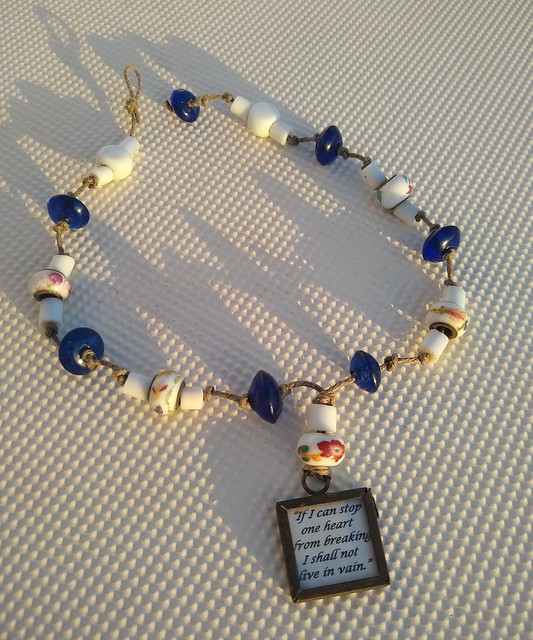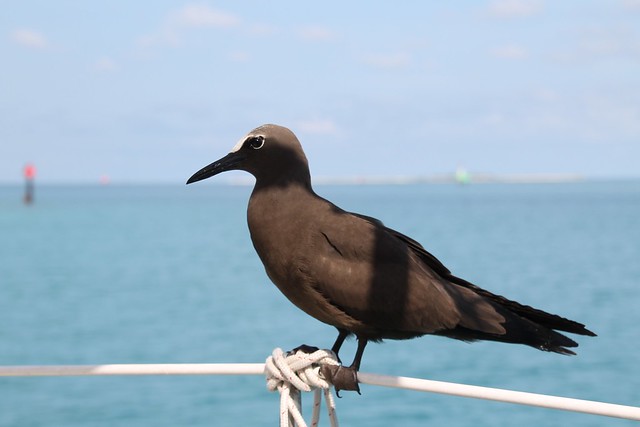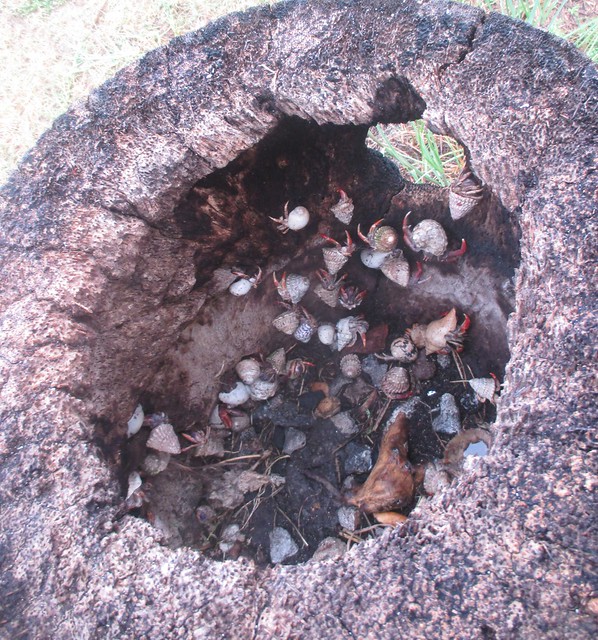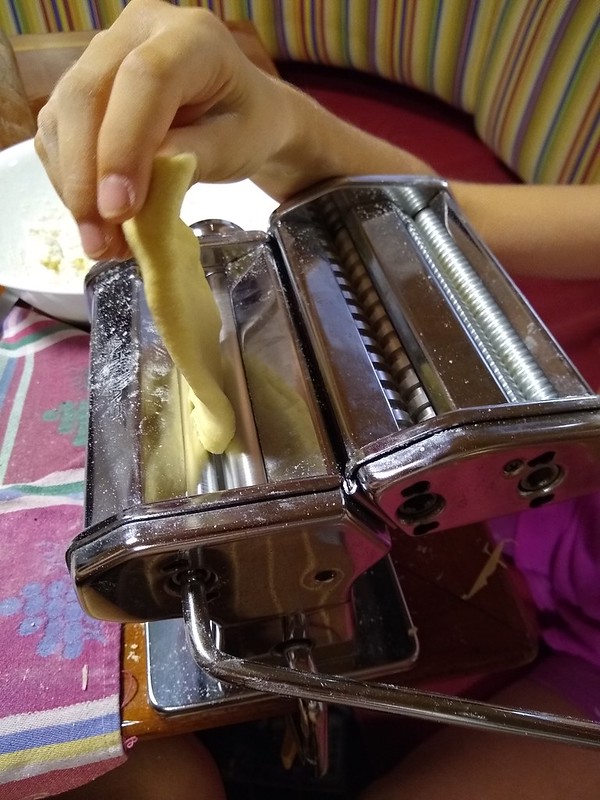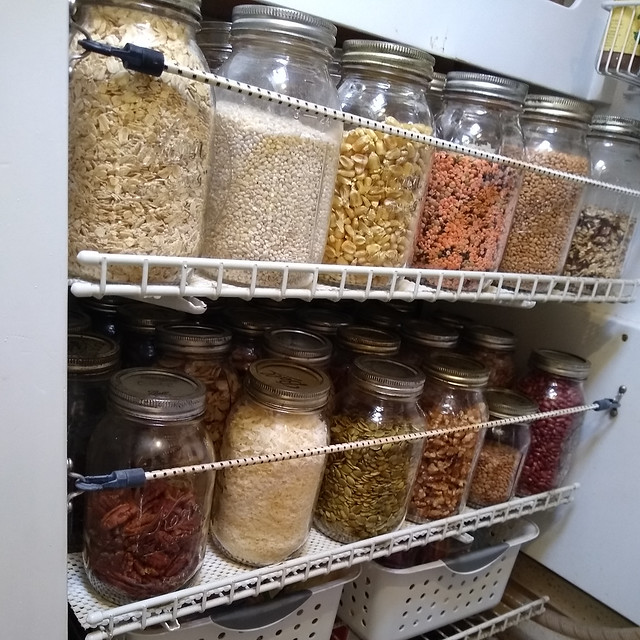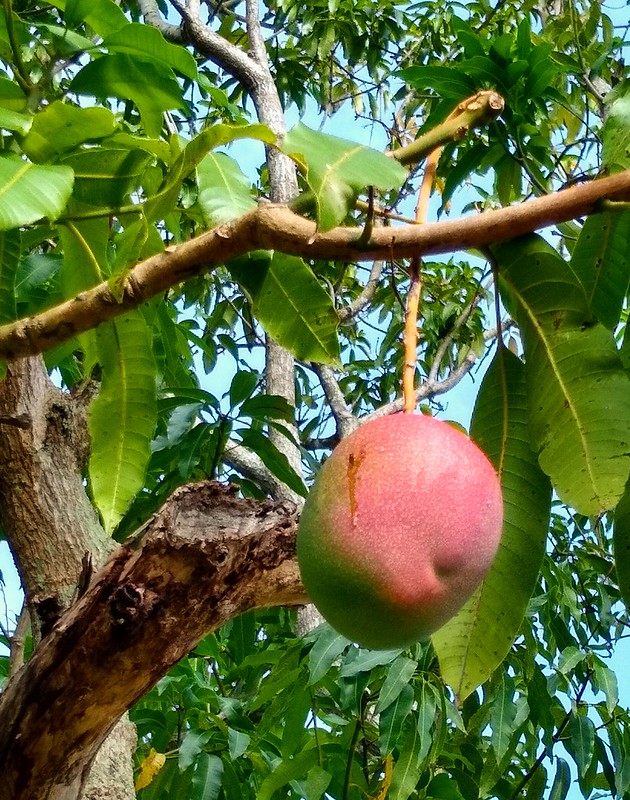If I can stop one heart from breaking I shall not live in vain If I can ease one life the aching Or cool one pain Or help one fainting robin Unto his nest again I shall not live in vain --Emily Dickenson
Part I: Accidental Kindness
I was supposed to meet a friend at the park the other day to practice ukulele, but it didn’t work out. It was one of a long string of disappointments that day. Homeschool and chores hadn’t gone smoothly that morning, and when I went ashore to run two errands, both businesses had closed early. After a week of rain, we finally had sun but we didn’t make it to the beach. And then the timing for meeting the friend didn’t work out, either. As I sat in my car, wondering whether I should just go back to the boat and call it a bad day, I realized that I could keep the appointment and go to the park to practice by myself. So I did.
There was no one there. So I sat in the shade and played and sang to the trees. And when I say “sang,” I mean I sang my heart out, like I was in the shower, like no one was listening—all my joy and sadness, pent up energy came out in that music. It cheered me up considerably. I finished a song (one I recently wrote) and was dismayed to hear the sound of applause. I turned to see a man in the nearby pavilion smiling and clapping. I mean, it’s better than booing, but still, I turned bright red. I laughed and said, “Uh…thanks…I didn’t know I had an audience…” He said it sounded good and encouraged me not to quit. So I played a couple more.
After a few minutes, he came over to the picnic table where I was sitting and introduced himself. He offered me an Altoids curiously strong mint. His name is Michael. And he said that he too had been having a bad day. He had felt discouraged and didn’t even know anyone else was at the park until he heard music. We talked about the ways humans deal with sorrow; he had drowned his in alcohol, but was free of it now. I don’t always deal with mine in a constructive way, either, but one of the reasons I love the ukulele is because this small-but-cheery instrument, believe it or not, is making the world a better place (Amanda Palmer would back me up, she says so in her Ukulele Anthem).
Sound carries. I had unintentionally made his day. I wasn’t even trying. In fact, it’s better that way, because instead of being “proud of myself” or some other self-righteous nonsense, I instead felt pleasantly surprised, amused, and humbled. I let my soul shine, and someone saw it. Sometimes I have been the recipient of unexpected joy, so I was just paying it forward. When he left, he gave me his box of mints. I can say for sure that I received more of a blessing than he did from the interaction. And all I did was show up.
Part II: Random Acts of Kindness
This is a story from February. We were at the park for Homeschool P.E. and it was our Valentine’s Day celebration. All the homeschool kids were running around with pink cupcakes and cookies and swapping Valentines. Rachel came running up to me with a pink glitter heart on which she had scrawled a loving message. She said, “Mommy, I noticed that man over there seems lonely. I want to give him this Valentine I made, but I don’t know him and I shouldn’t talk to strangers. Can you give it to him for me?”
I asked if she wanted to come with me and she said, “No. I just want you to give it to him for me.” So I did. He was sitting on a park bench, accompanied by his suitcase and wheelchair. I introduced myself and said that my daughter (pointing to Rachel) had made him a Valentine but was too shy to give it to him. He laughed and said, “that just made my day.” And then he dug around in his backpack and pulled out a small heart-shaped mylar balloon. He said he had found the balloon that morning and knew he would meet the right person to give it to, and asked if I could pass it on to Rachel. I was touched, not just by my daughter’s act of compassion, but by the thoughtful exchange of gifts between strangers—the way kindness multiplies.
Part III. Regular Acts of Kindness
We are looking at each other over our masks with suspicion these days, viewing strangers and even friends as if they are the carriers of our demise. We are limited in our communication, some feeling literally and figuratively muzzled. But we must not let the current circumstances stop us from practicing kindness. And I don’t mean random acts of kindness, but regular acts of kindness. We must form a habit, daily looking for opportunities to be kind, loving, and considerate. It requires intention, and sometimes it’s not easy, especially to those we see every day. But it’s worth it.
Five Reasons to Be Kind:
- Compassion takes the focus off of ourselves and our own unhappiness—it lifts our spirits.
- Kindness, even a small kindness like good manners or a smile (smiling eyes?), lifts the spirits of others. Something that seems small to you can mean the world to another person.
- Regular acts of kindness give us a sense of purpose and community. We are feeling isolated, but we must not forget we are part of something bigger. Doing something kind reminds us that we are part of the human family.
- Kindness is disarming. We can speak and act kindly no matter how other people speak and act. We can’t control others’ behavior, only our responses.
- The qualities of kindness, gentleness, and compassion are good for our health. Really. Look it up. They can produce hormones like oxytocin and serotonin which reduce anxiety and and lower blood pressure, among other things.
Beyond cheering someone else up, lightening your own heart, and adding something beautiful to the world, there is one more reason why you should practice kindness. It reflects the love of God. “Let your light so shine before men that they may see your good works and glorify your Father in heaven.” –Jesus in the sermon on the mount, Matthew 5:16

